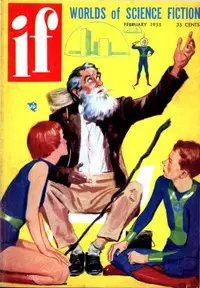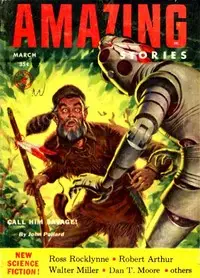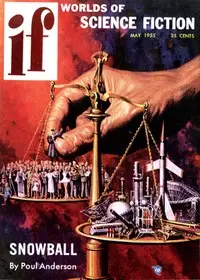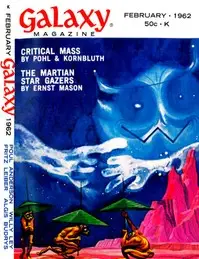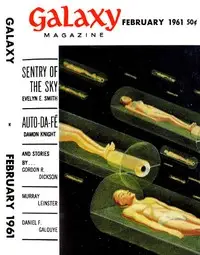"Cæsar's Column: A Story of the Twentieth Century" by Ignatius Donnelly is a dark story set in the future, showing a world split between extreme riches and terrible poverty. It explores the problems of unfair social classes, the bad effects of too much capitalism, and the loss of good morals. The main character, Gabriel Weltstein, travels to the fancy city of New York and quickly gets mixed up in the risks and secrets of the powerful people who control this new world. At the story's beginning, Gabriel writes to his brother about the amazing and terrible things he sees in the big city. He sees amazing new technologies and comforts but also notices the sadness of the poor. After he helps a beggar from being hurt by a rich person's horses, Gabriel's life changes suddenly, leading him to a secret group fighting against the unfair ruling class, as social injustice, moral duties for the rich, and the power of the suffering to join together take center stage in the story.

Cæsar's Column: A Story of the Twentieth Century
By Ignatius Donnelly
In a future of stark divisions, a newcomer's act of kindness pulls him into a secret war against a corrupt elite.
Genres
Released
2004-02-01
Formats
epub3 (images)
epub
epub (images)
mobi (images)
mobi
txt
Free Download
Summary
About the AuthorIgnatius Loyola Donnelly was an American Congressman, populist writer, and fringe scientist. He is known primarily now for his fringe theories concerning Atlantis, Catastrophism, and Shakespearean authorship. These works are widely regarded as examples of pseudoscience and pseudohistory. Donnelly's work corresponds to the writings of late-19th and early-20th century figures such as Helena Blavatsky, Rudolf Steiner, and James Churchward.
Ignatius Loyola Donnelly was an American Congressman, populist writer, and fringe scientist. He is known primarily now for his fringe theories concerning Atlantis, Catastrophism, and Shakespearean authorship. These works are widely regarded as examples of pseudoscience and pseudohistory. Donnelly's work corresponds to the writings of late-19th and early-20th century figures such as Helena Blavatsky, Rudolf Steiner, and James Churchward.
Total Reviews
10.0k
Total reviews from Goodreads may change





